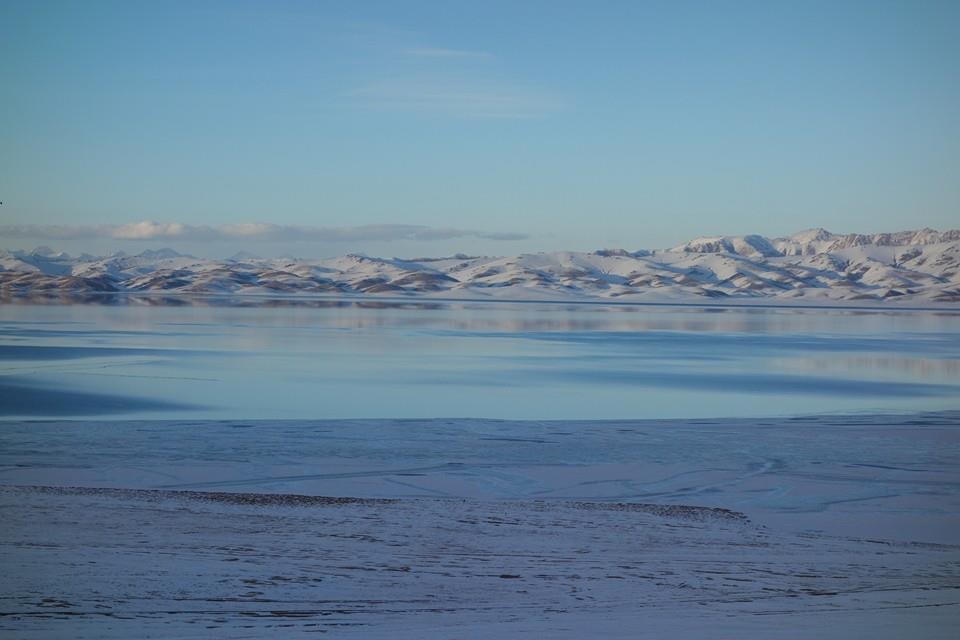The family of elements whose Cuntz class is soft plays an important role in the study of (sufficiently noncommutative) C*-algebras.
I will begin the talk by recalling what these elements are and some of the important settings where they have appeared. Using the definition of Cu-softness as an inspiration, I will define softness for positive elements in a C*-algebra and discuss their relation with their Cu-counterpart.
Having an abundance of these positive elements (in an adequate sense) characterizes the Global Glimm Property, and this can in turn be used to show that a number of C*-algebraic invariants can be computed by only looking at the soft part of a C*-algebra.
The talk is based on joint work with H. Thiel and, if time allows, the last part will be on joint work with A. Asadi-Vasfi and H. Thiel.
I will begin the talk by recalling what these elements are and some of the important settings where they have appeared. Using the definition of Cu-softness as an inspiration, I will define softness for positive elements in a C*-algebra and discuss their relation with their Cu-counterpart.
Having an abundance of these positive elements (in an adequate sense) characterizes the Global Glimm Property, and this can in turn be used to show that a number of C*-algebraic invariants can be computed by only looking at the soft part of a C*-algebra.
The talk is based on joint work with H. Thiel and, if time allows, the last part will be on joint work with A. Asadi-Vasfi and H. Thiel.


